On Croatia
I don’t know what I was expecting before visiting Croatia. Sitting on the overnight ferry from Ancona (read more here), I eagerly awaited for the boat to dock. Outside, the inky black sea rushed past, and my anticipation grew. About me, several men watched European Handball whilst slinging back bottles of ozujsko. By the time dawn approached, even I’d started to care about the confusing and elaborate game on screen. As the boat finally approached Split, a pink dawn bloomed over the city, illuminating what might have been the prettiest town that I’d ever laid eyes on. I could tell I was going to like this place.
Split. Gorgeous all year round.
For me, Croatia is a country without parallel. It’s thoroughly Mediterranean in influence, yes. The people love the sun, abhor the cold, and will go very far out of their way for a decent meal. The coastline stretches endlessly, all the way from Istria in the north-west to the southern tip of Dalmatia in the south. The sea is never far away, and the smell of salt lingers wherever you go. However, Croatia is distinct from the other countries we most associate with ‘Mediterranean.’ It’s not Italian, yet many of the people speak Italian fluently. It’s definitely not Spanish, but the people love amazing wine and prioritise family above all else. It’s definitely not Greek, but the coastline is so beautiful you’d swear you were in Mykonos half the time. It’s also definitely not western Europe. Socialism has a long fallout period, and the dissolution of Yugoslavia still very much within living memory. The people of Croatia don’t seem to be easily categorised. They sit in the heart of southern Europe, yet don’t feel western or eastern. In fact, they are neither, and are all the better for it.
The people of Croatia are some of the warmest that I’ve met, anywhere in the world. They bring to mind the warmth and friendliness of the Portuguese, mixed with the fiery passion and pride of the best Italians. Yet, unlike many countries in Europe, the Croatians that I met and interacted with, seem without arrogance, without overt hostility towards tourists. They are welcoming, kind, friendly, and very keen to show their country off. For nearly 50 years their country was almost off limits to western visitors, and in the past 30 years since freedom from Yugoslavia, the country has experienced some tumultuous years to say the least. Yet now they’ve emerged as a prosperous and productive member of the EU, have an extremely high quality of life (18th in the world) and are keen for visitors to come check their country out. Whether it was discussing the best wines in the country with a barman in Split (more on that here), shucking oysters straight from the sea with a fisherman (more on that here) or discussing the years of conflict with our campsite manager, the people of Croatia were forthcoming, humorous, and very keen to teach visitors about their nation. They are proud of where they come from, regional in the way they think, but global in their attitude. A special combination.
The first meal Carlie and I ate in Croatia, however, was less than extraordinary. Two croissants from a highway Lidl. Warm, filling, but forgettable. We did it to ourselves, but a thoroughly inauspicious entry to the country with the most hyped cuisine in all of Europe, nonetheless. However, once we found our stride, and began to look into the places the locals recommended, we really hit our stride. Croatian cuisine is extraordinary. All of the soul of Italian food, but with none of the stifling pretension. Flavoursome, tasty, spell-binding pasta dishes, filling stews, absolutely stunning sea-food risottos, outlandishly divine pastry, and exceptionally good olive oil. The country has an affinity for food matched only by Italy and France, but with none of the pretension of either. Pull up at any half-decent Konoba (tavern/cellar), and you’re pretty well placed to receive some of the heartiest, most feel-good comfort food since you last ate at your mum and dad’s place. The food is heavily influenced by Italian cooking styles, but with ingredients endogenous to Croatia. Expect truffles, oysters, gnocchi, Istrian style-pasta, exceptionally flavoursome sauces and stupendously tasty reductions. The food is amazing. On that note; if you;re visiting, do not, I repeat DO NOT, pay more than $20 USD for a meal in a Konoba, if you do, you’ve been ripped off. The price of food is cheap here, and all the better for it.
While I’m on an Epicurean bent, let’s talk about wine. Croatian wine isn’t well publicized in Australia, and i bet you’d have to work for it to get a decent bottle in England or America. This is criminal. Why are we paying absurd amounts of money for another Bordeaux when Croatia is making wine from some of the oldest wine making country in the world, and doing it with interesting varietals and for a far lower price? There isn’t a comfortable answer to this question, and I’ll leave it unspoken. The wines here are stunning, and you can be assured to get some excellent whites (Malvasia is a must), some very hearty reds (Placav Mali or Teran, without a doubt) and even some decent bubbly. The wines all speak to the region they’re made in, and taste excellent with Croatian cuisine. Keep in mind that Croatia sits at almost the same latitude as the best wine growing regions in Italy, France, Spain and Portugal, so the conditions are right, the soil is old, well used, and very historic. To hear me waxing lyrical of Croatian wines further, click the link here.
Croatia is a beautiful country. You don’t have to travel far within it to figure that out. It took me about 3 seconds after seeing Split to realize that I was in a special place, but the feeling only intensified once I started to travel around the country. From the stunning coastlines of Dalmatia, with a sea so blue it could only have been painted, to the stark and wondrous island of Pag (more on that here), that seems otherworldly, the country is as diverse in looks as it is in inhabitants. The four regions of Croatia are unique, and thoroughly worth exploring. Yet, my heart was most thoroughly snatched by Istria and Dalmatia, regions that were so utterly beautiful that I was honestly worried I was going to be breathless the whole time I was there. They are wondrous places, and very worth visiting. Yet, Croatia isn’t all gorgeous coastline. The place has mountains, ski resorts, a vast interior, full of sweeping plains and farmland, and a series of amazing national parks, such as Krka and Plitvice (read more on Krka here)
The cities too, of Croatia are worthy of note. While Zagreb may not be worth your while, the towns of Split, Dubrovnik, Zadar and Motovun are stunning, and worth at least a couple of days. I've never been so struck by a city as i was when standing on the walls of Dubrovnik, gazing out at a centuries old city with a deep blue sea beyond. Yet, when I was in Istria, sitting atop the walls of Motovun, the feeling returned, yet this time I was staring out at rolling vineyards and farms. The city of Split is a stunning example of Roman architecture, and has some of the best food you’re likely to find in the country. All of the cities are beautiful, distinct and demand your attention. They allow for nothing more than rapturous silence as you explore cobblestone streets, walking through alleyways that have stood there for centuries, if not millenia. These are some of the oldest continuously inhabited cities in Europe, and have stood sentinel since the Illyrians (before Rome). They are stunning, wondrous and very, very exciting to spend time in.
Croatia was the big hug I wanted after Italy. After being slammed with tax after tax, being asked to pay exorbitant amounts for very basic food, often being ignored by locals, and paying way, way too much for Petrol, I needed something new, something comforting, yet exciting. Croatia was all of that and so much more. It provided me a looking glass for eastern Europe, but had me look through a bizarre and exciting prism of Mediterranean, Roman, Illyrian and Venetian culture. Croatia, there is nowhere else like it. If you haven’t gone. Go now. If you’ve been, why aren’t you planing on going back?
Like what you’ve read? Hit subscribe below! Any questions or comments? Let us know in the box below!
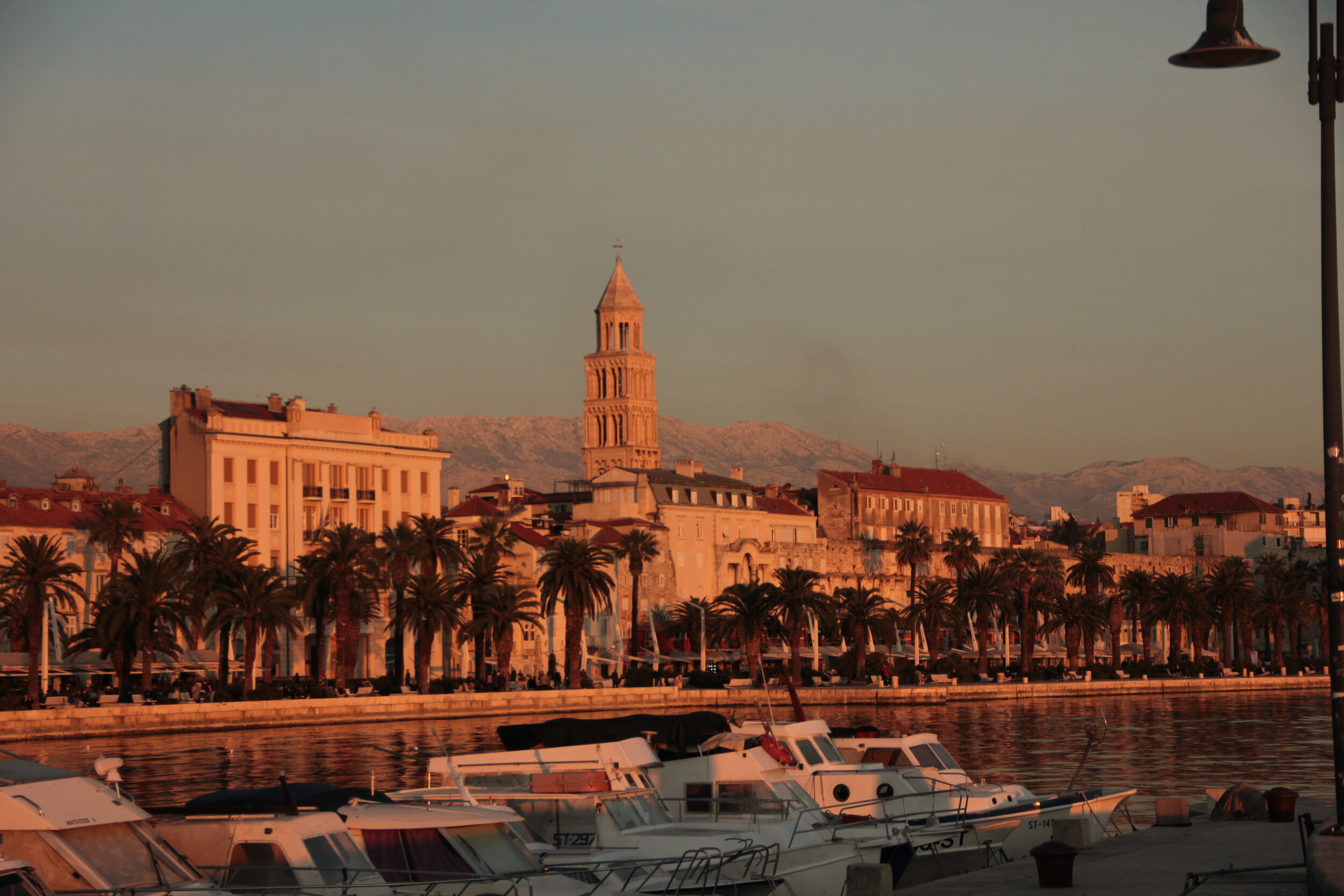
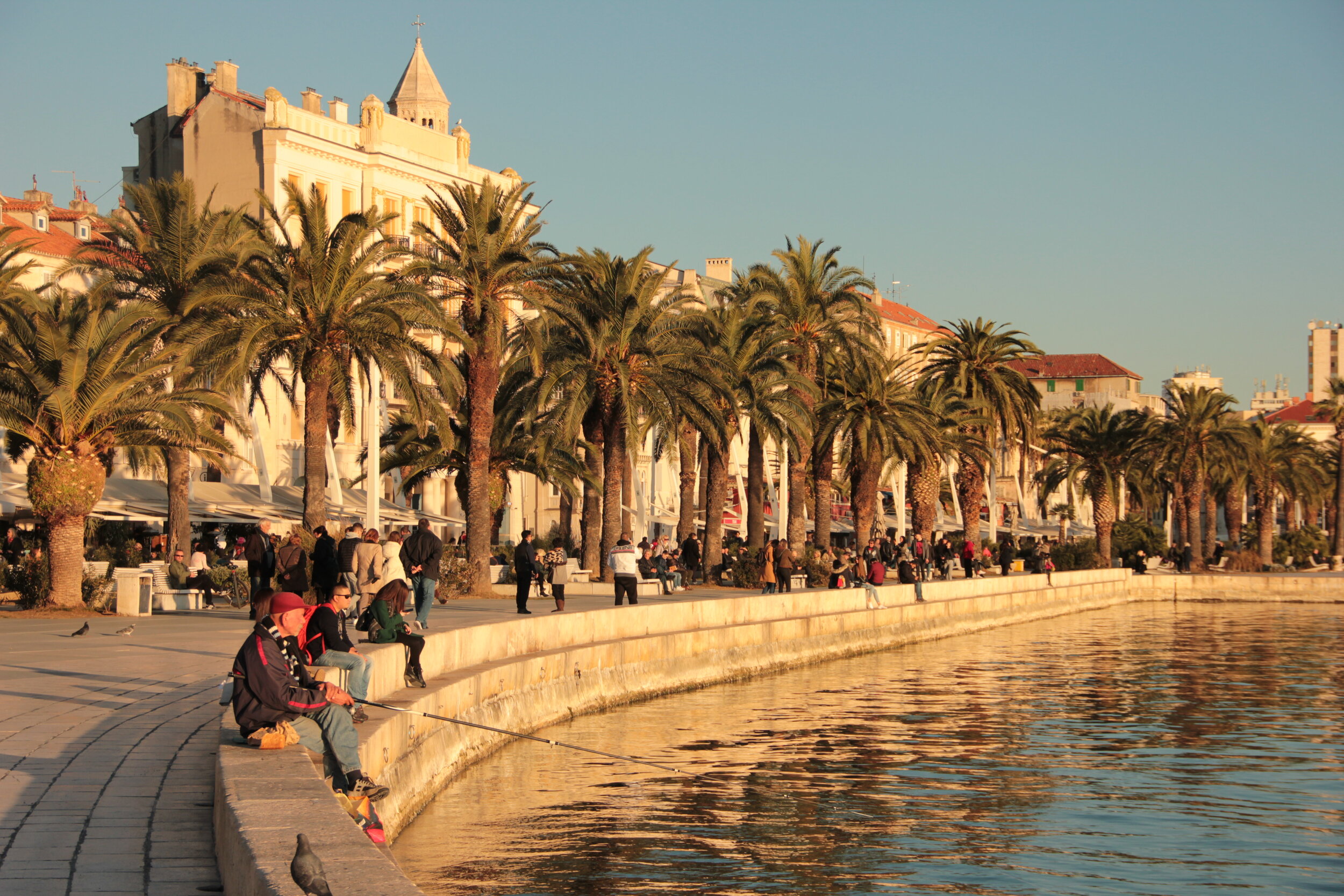
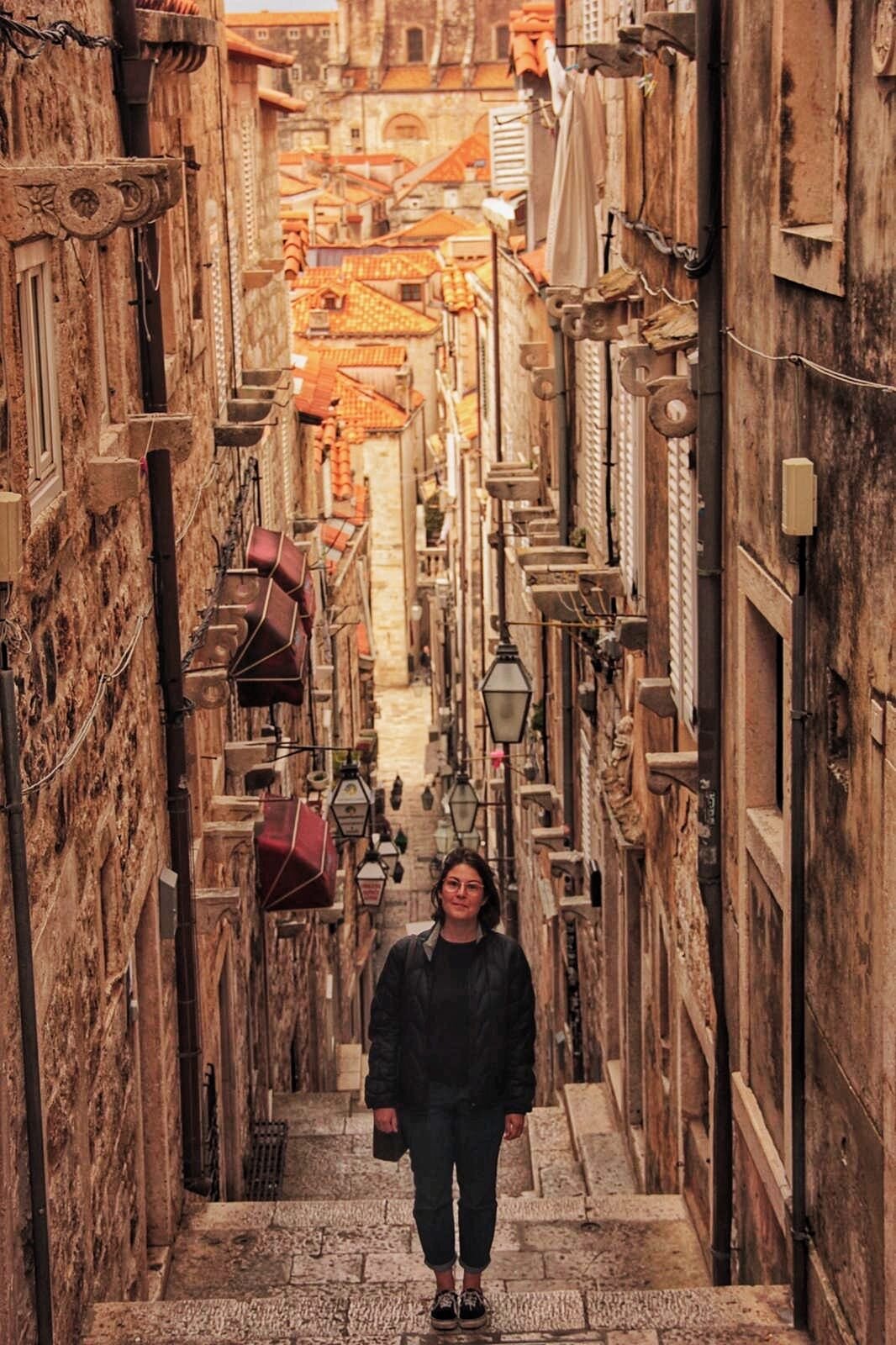
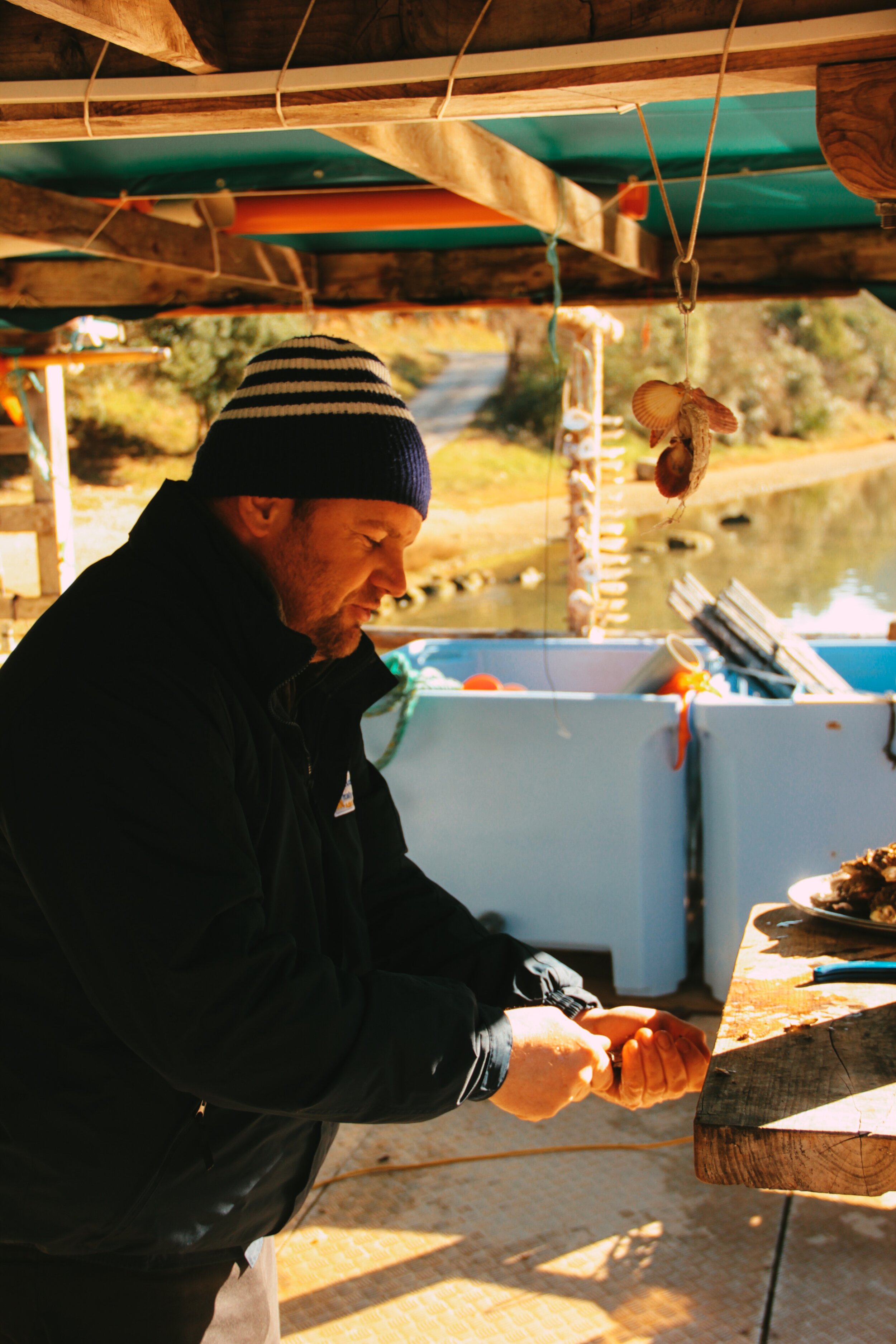
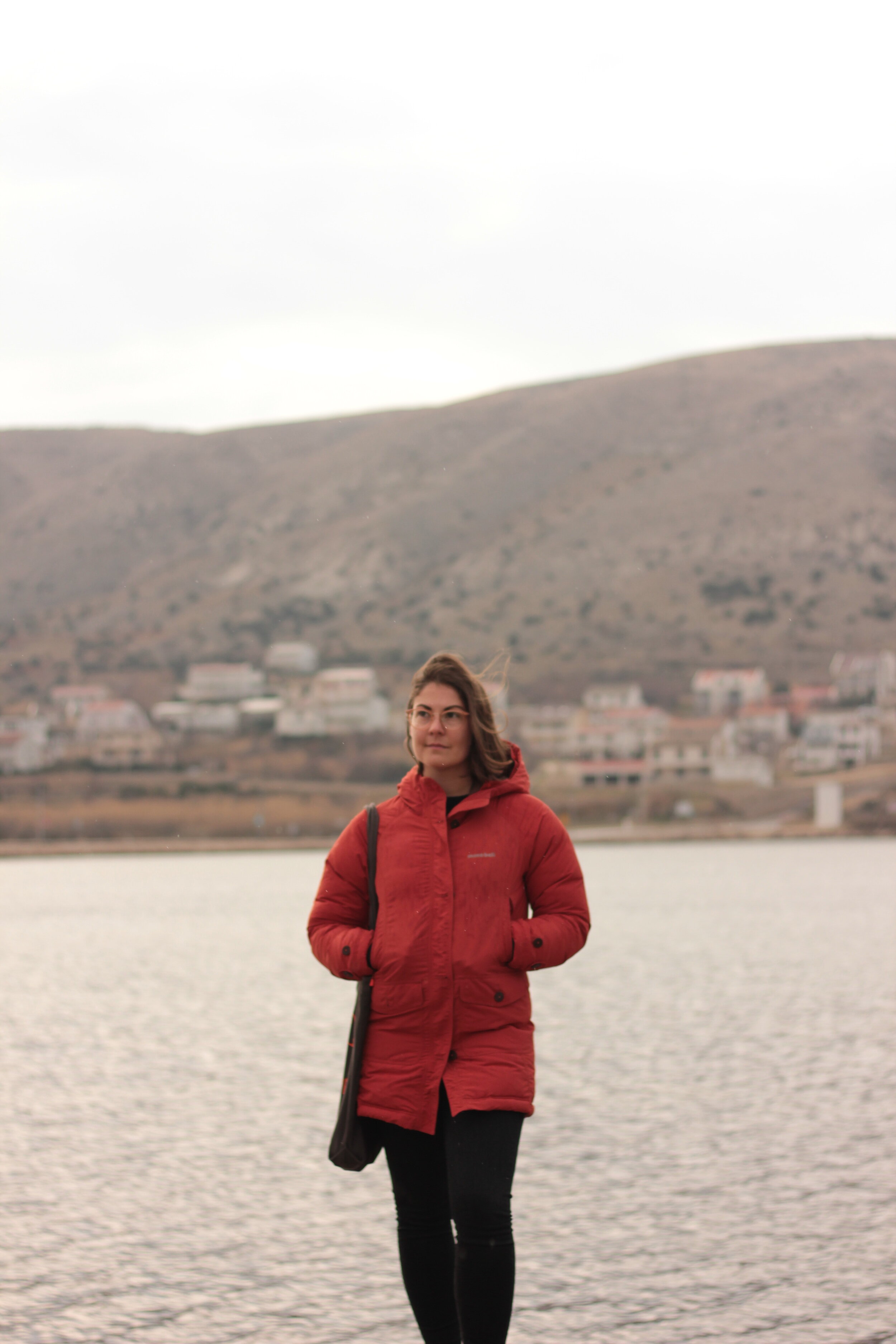
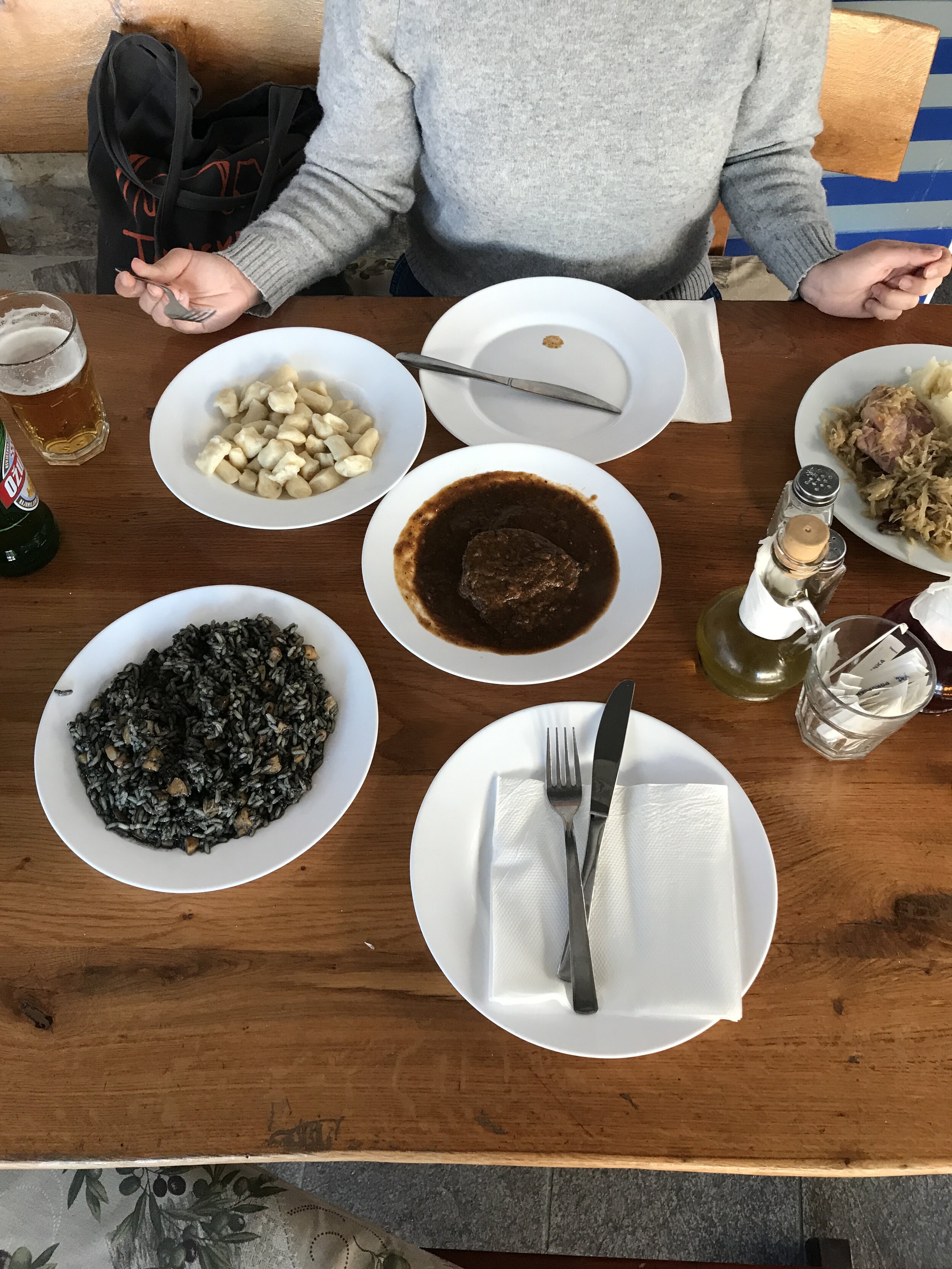
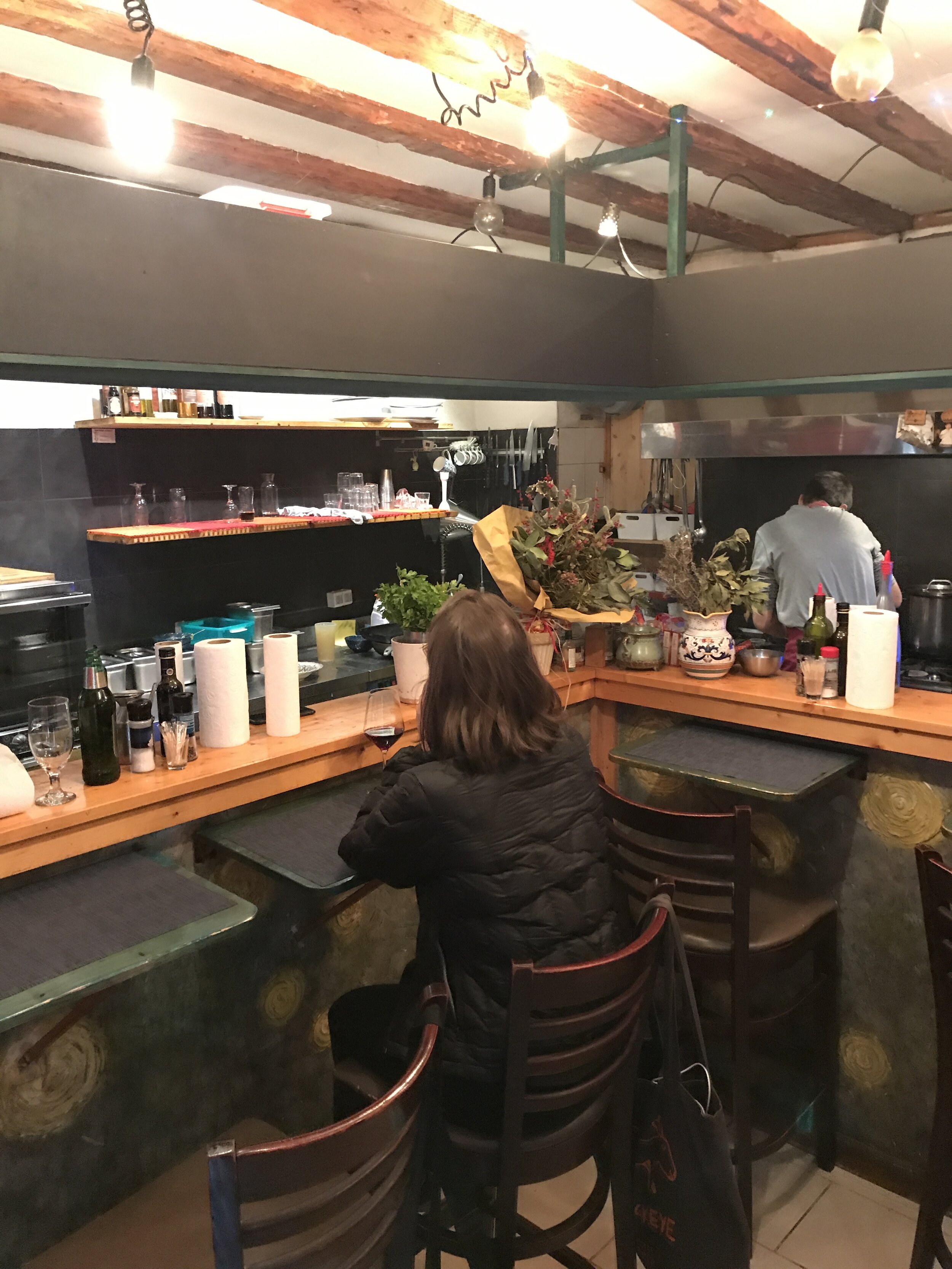
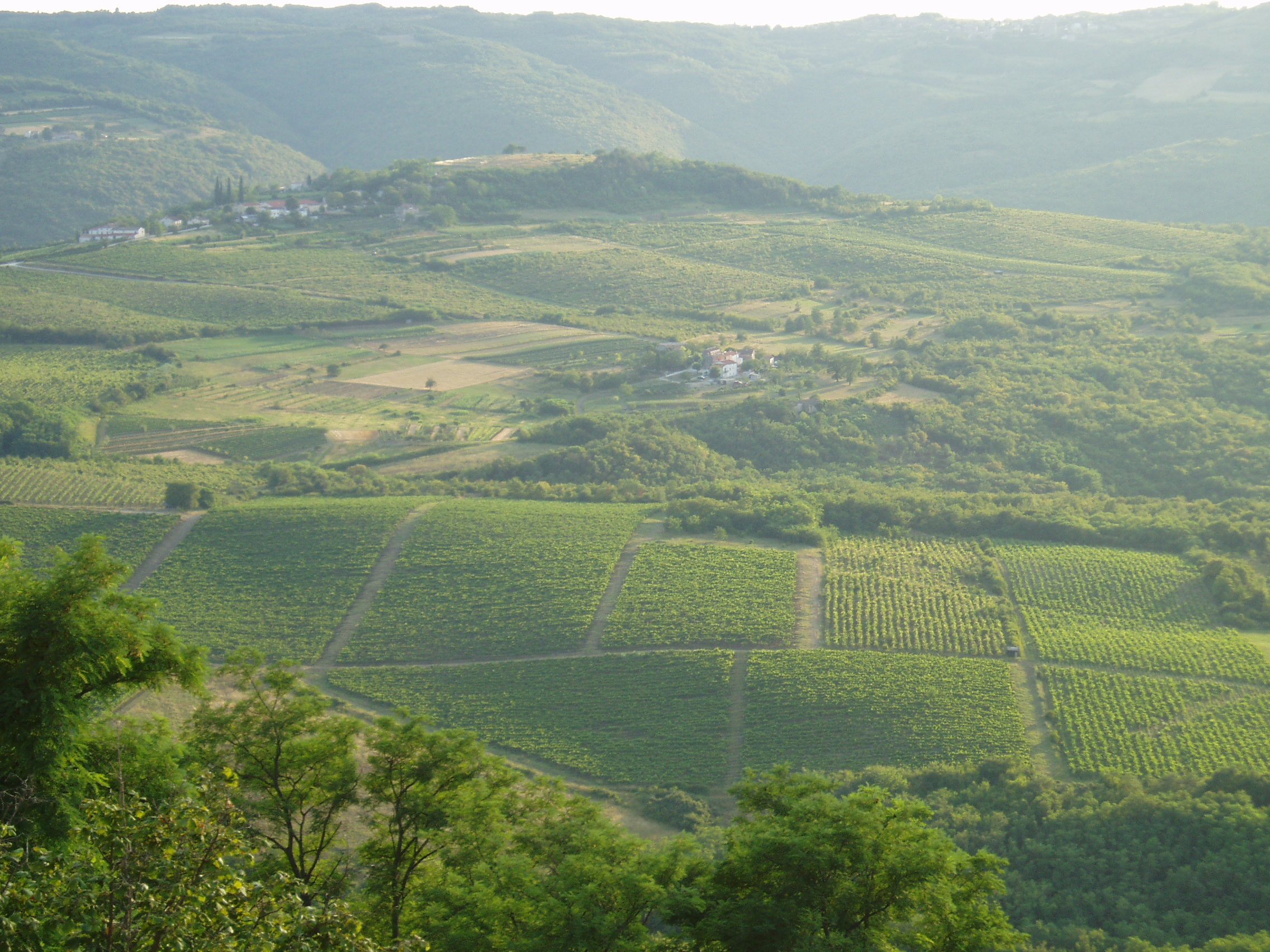
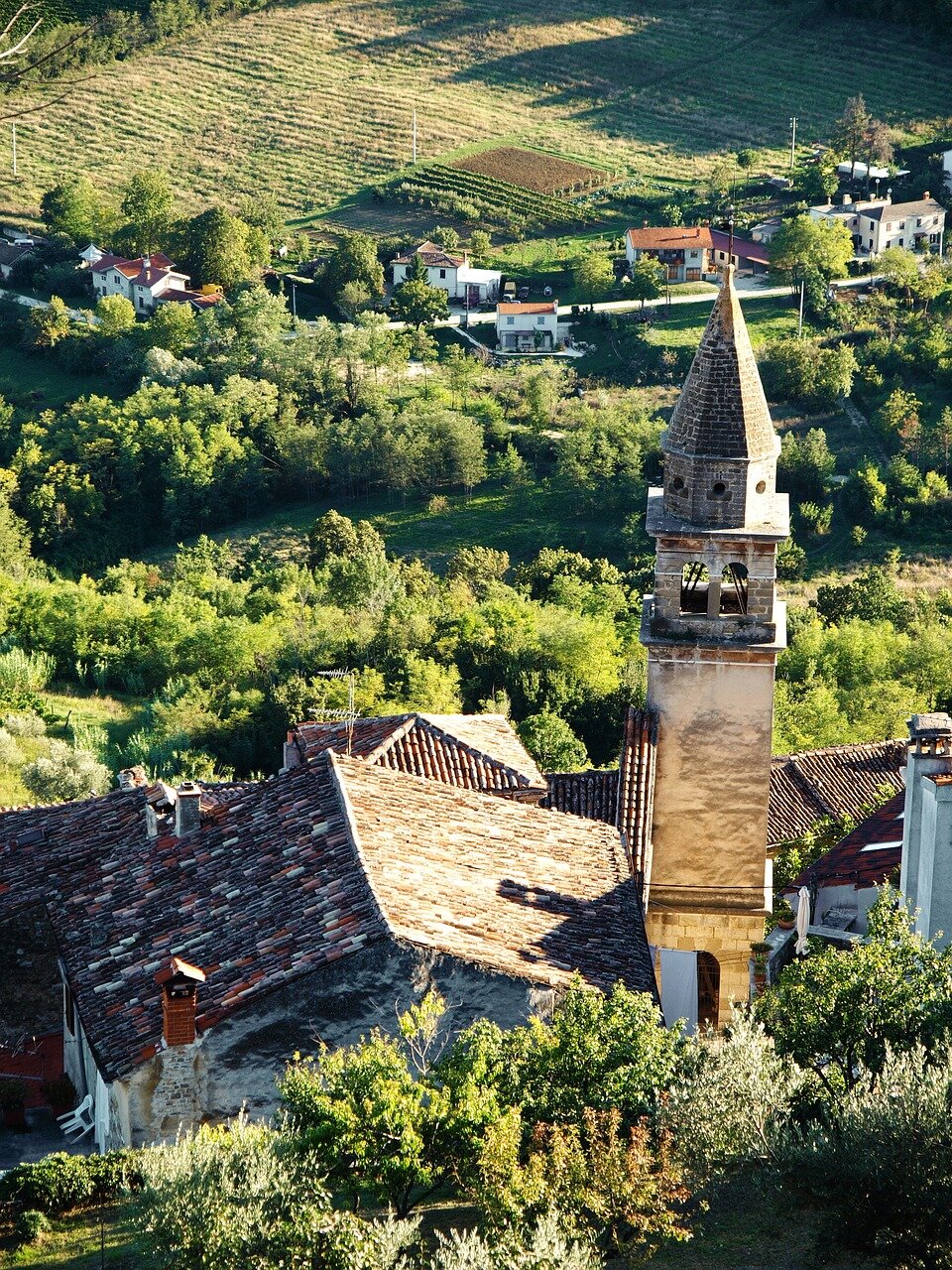
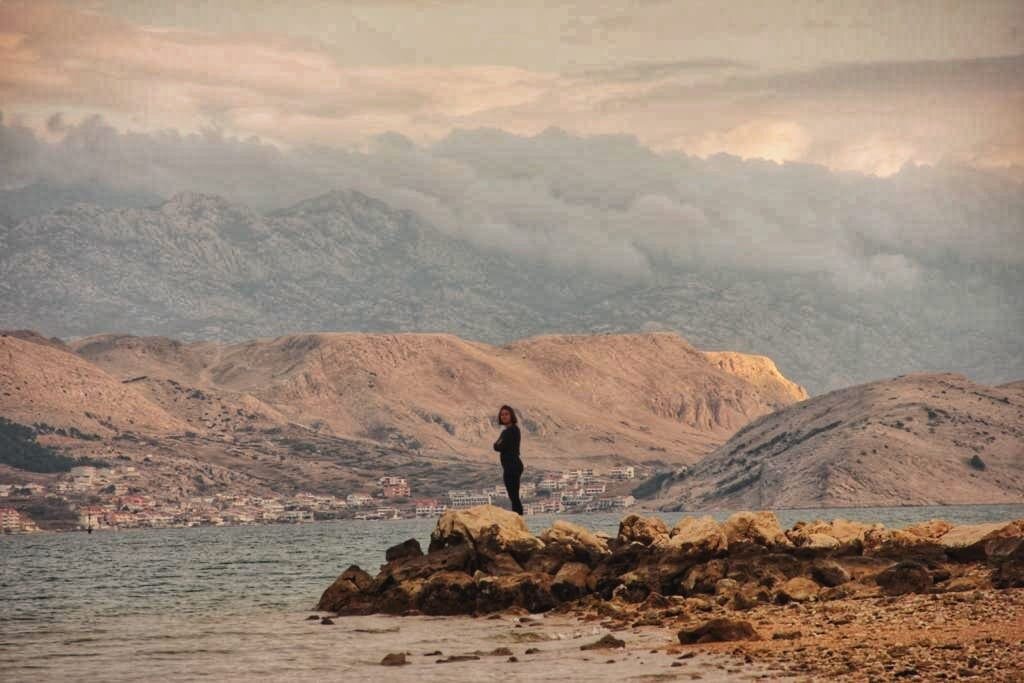
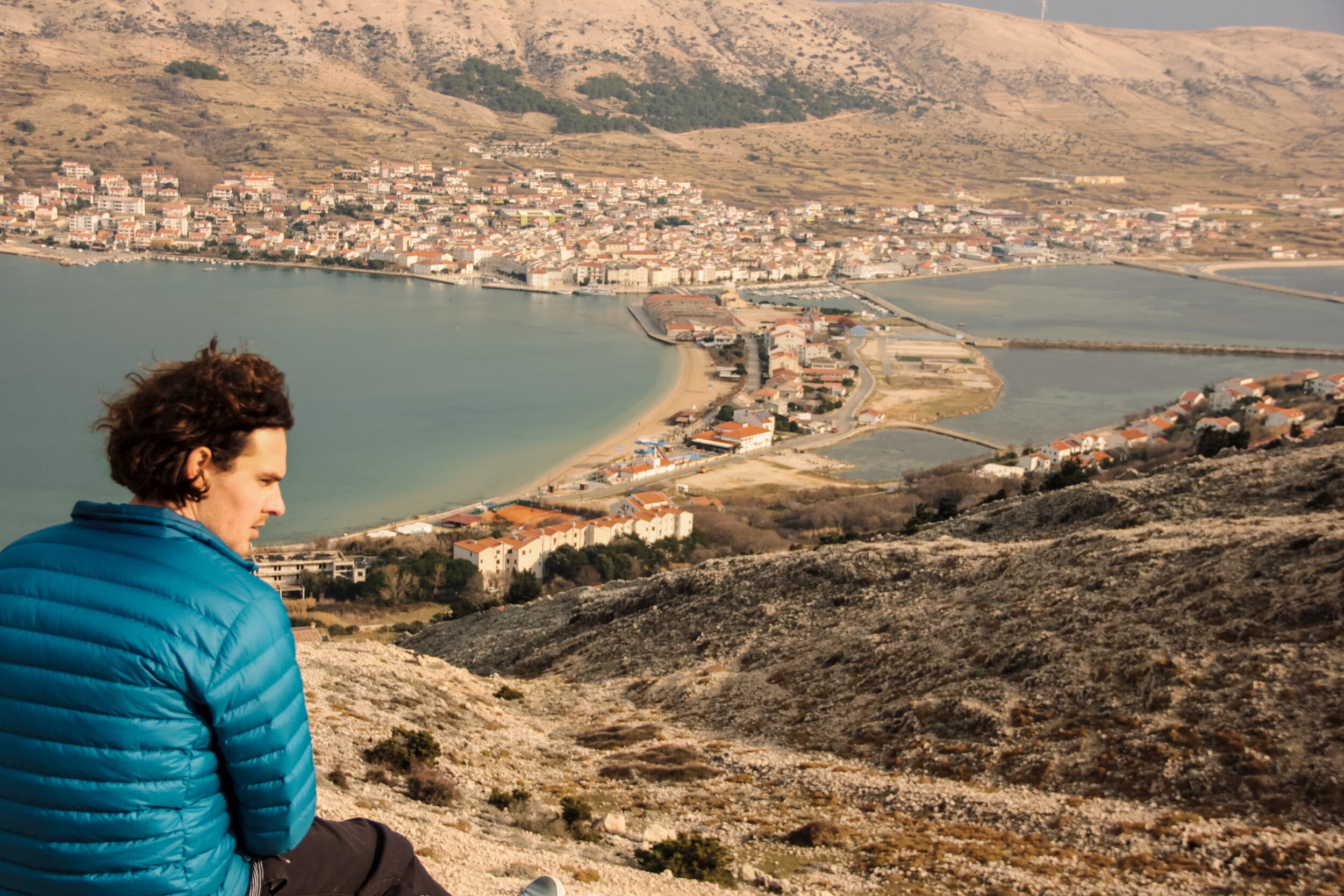










An ode to a country without comparison